My method of assembling poetry collectionsAmerican novelist Philip Roth once said that he doesn’t sit down to write a novel; he writes a sentence, then a paragraph, and so on, page after page. I rarely write a sustained sequence of poems on a single theme or subject. Instead, I write in response to ideas in whichever order they choose to present themselves. This practice results in poems with little systematic relation to each other. Accordingly, rather than composing a single book or pamphlet at a time, I compile a few or several groupings of poems on various themes or subjects. In a high-level folder called Poetry Collections, I create a series of subfolders with provisional book or pamphlet titles. Each subfolder contains a file based on a template suitable for a book or pamphlet manuscript, with Title Page, Acknowledgements for listing previously published poems, and a Table of Contents. If needed, section dividers are added later. I give each document file a provisional title consisting of an abbreviated book title and the word Source, because not every new poem pasted into a Source file will necessarily survive in a manuscript as submitted. The file name also includes the number of poems it contains, so I can tell at a glance which files might approach the length of a pamphlet or full-length collection. When I create a new poem, I consider whether it might be a candidate for inclusion in one or another of the provisional titles. If so, I copy the text of the poem into the appropriate file in whatever tentative order makes sense, relative to the poems already in the file. Over time, each manuscript grows synthetically. If a file becomes long enough for submission as a pamphlet or full collection, I consider whether any new poem creates the opportunity to replace a weaker poem with a stronger one. As a result of this discipline, a manuscript of a given length can evolve to become progressively more viable. If a new poem might fit in more than one manuscript under construction, I include it wherever it might add value. The acceptance of any one manuscript for publication will allow plenty of time to delete duplicated poems from other manuscripts not yet accepted. When a file reaches suitable length for a pamphlet or full-length collection, before submitting to a given opportunity, I choose a candidate manuscript file and rename it with a title that conforms to the specifications of the potential publisher, and omits the word Source. Because the initial placement of poems in a Source file may not be optimal, I carefully review the manuscript, while paying close attention to the order of the poems, so a narrative or thematic trajectory emerges. Publishers of poetry books prefer collections or pamphlets with discernible through lines. Obviously, a submitted manuscript should be edited with disciplined attention. To ensure that individual poems are error-free, poems should be edited before they are placed in the manuscript. I advise reading the entire book or pamphlet more than once, with fresh eyes, to ensure that the work meets a professional standard. My experience in working with poets has taught me that each mind works differently, and creative processes differ accordingly. The foregoing description of my process for assembling a poetry collection is not intended to be prescriptive, but it works for me. Perhaps it will work – or can be adapted – for others. David Olsen is the author of Unfolding Origami, Past Imperfect, Exit Wounds, After Hopper & Lange, Nocturnes, and The Lost Language of Shadows Editor's comment: This is an excellent system for keeping track of your own progress toward a collection. In addition you can use tags to help you to retrieve poems on different themes (you can add more than one tag to a poem, just as David includes some poems in more than one potential collection folder.) Thank you, David, for this helpful essay. — Janice
0 Comments
Stephen Claughton
Julie Anne Gilligan |
| WHY DO I WRITE? Some people climb mountains because they are there. It is like that with my writing. I write because the words, the raw materials, the building blocks of the imagination are out there waiting. We spend our lives accumulating an enormous reservoir of knowledge and experience and it would seem wasteful not to use it in the best way possible. I write because I can, though I didn’t know I could until I reached 50. I didn’t have time or ability to make time before then. Writing helps me articulate thoughts and emotions in a way that I sometimes find difficult in speech. By placing emotions into someone else’s persona and voice can help to clarify them and put them into perspective. Writing keeps my brain active and helps me pull into focus my place in the world physically, mentally and spiritually. I rarely write directly about Parkinson’s but it emerges from time to time in different ways. I don’t like labels and I don’t suffer; if you tell yourself you are suffering it only feeds a victim mentality. I have lived with the condition so far for 24 years, but it has to put up with me too. Why do I write? Because it has helped to make me the ‘me’ that I am and the ‘me’ that I might become. And if I can put a smile on someone’s face on the journey I will have done a good job. The following paragraphs are extracts from my Ars Poetica, written as part of my Open University MA in Creative Writing. I write because I believe that poetry: can unearth and express the extraordinary in the ordinary and vice versa; can change people, atmosphere, history, attitudes, politics, can give comfort in conflict or disaster, commemorate and witness; is the autobiography of an age, written by ghost-writers, a place and time peopled by imagination, illustrated with vignettes and visions. I write because I see the poet as: a scavenger of words, phrases and observations, the gull snatching morsels of credibility from amongst the dross of experience; a facilitator, a signpost on a treasure map of many paths, small parcels of metanarrative, that ancient conundrum that fuels philosophers and flummoxes fools. ©2018, 2022 Julie Anne Gilligan A short version was published in The Hoot. (OUSA online magazine) https://thehootstudents.com/poems-about-poetry/ The full version was published in ‘Red Letter Openings’ The OU Poetry Society 40th Anniversary anthology (2021) Julie Anne Gilligan is the author of Time Matters (published on Ist June 2022) |
COLIN PINK I write to stay alive; to try and process this aliveness; to find myself and lose myself; to share with others how being here feels, both the good things and the bad things. Writing at least makes me feel that I have some slender grip on how things are, even if this is transitory and largely a delusion. Sometimes writing is simply a cry of anguish at the cruelty of the human world. But there are also things to celebrate and writing reminders about that is important. The best poem is always the next one to be written. Colin Pink's writing website is at colinpink.wordpress.com. Dempsey & Windle/Vole published Typicity, his poetry collection, in 2021 |
SUE JOHNS |
BELINDA SINGLETON |
JANET LOVERSEED
Why I write
| When I ask myself why I write I give myself a number of answers. Not all of them are pleasing or satisfactory but they always occur to me so I shall list them. I write: Because I’m better at writing than at anything else. (Discouraged in maths and music I turned to the measures and harmonies of language.) Because my poems are all that I can give to the world. (The world has plenty of poems already.) Because when I feel alone I see writing as a way of connecting with people, making them laugh, cry, empathize. (My writing may be rejected.) Because I’m seeking immortality: when my life is done my poems live on. (But nothing lasts forever.) Because I’m a reader and reading and writing go together. (Sometimes.) Because I want to make worthwhile discoveries about myself and others. (Possible only if I write with the clear-eyed honesty that distinguishes the thoughts and feelings I really have from those I would like to have or think I should have.) Because by nature I’m more of an observer of life than a participant in it. (If, in my company, you fall and are injured I’ll think of how I’ll describe the incident before I think of how to raise you and staunch the flow of your blood. I’m afraid this is the famous sliver of ice in the heart of the writer.) This last reason may also go some way towards explaining not just my writing but my writer’s block, something I’ve been experiencing since becoming carer to my partner who has an advanced cancer. My block may, of course, be simply due to tiredness and limited energy-levels, but might it not also be that life has taken over from art and observation, and that the sliver of ice has melted? I can’t be sure. Nor can I be sure that this state of my creativity is permanent. One day, perhaps, I may find myself writing the kind of poems which are emotion recollected in tranquility, or exploring life through fictional characters again, like my Headless Man or Ježibaba. Who knows? Janet Loverseed’s poems, Dancing with a Headless Man and Ježibaba are in her collection, Ježibaba, which was published by Dempsey & Windle in 2020 |
JEREMY LOYNES
Why I Write
| Hand upon my shoulder There’s a hand upon my shoulder, there are voices in my ear. While I grow older, ever older, they still echo down the years. There’s a hand upon my shoulder, there are voices in my ear. Although the trail grows colder, colder, I still hear them, drawing near. There’s a hand upon my shoulder, there are voices in my ear. Still the embers smoulder, smoulder: all the fires that once burned fierce. Jeremy Loynes is the author of Turning |
Sue Wallace Shaddad
WHY I WRITE
| I have a poem I wrote aged twelve and several as a student when I was finding out about relationships. During my career, I only wrote poems occasionally but the desire to write stayed with me. In 2014, to mark my retirement and to put a stake in the ground, I produced a pamphlet ‘A Working Life’. Since then, I have devoted much of my time to poetry, achieving an MA from Newcastle University/ Poetry School London in 2020. I have always enjoyed compressing feelings into words. I tend to write very quickly in pencil in a notepad. This could be in response to something I have seen, an art work or an aspect of a relationship. I write straight into lines. I find this much more natural than starting with freewriting When typing up the text I make improvements to the first draft and might well decide on the likely form. I typically write in tercets, quatrains or couplets but do also try out other forms. Usually, a poem will rest for a few weeks and I will get feedback from one of the poetry groups I attend. Reading at open mics helps test out the poems too. I know I need to discipline myself more – make more exciting language choices and deepen my thought processes. It is often easy just to be satisfied with the initial thinking, without pushing myself further. Dempsey and Windle published my short collection of poems about Sudan, ‘A City Waking Up’ in 2020. The poems are a distillation of years of memories of visits to Sudan to see my family; most of them were written there in 2016 and I checked detail of language and customs with relatives. I spent several years getting the poems peer reviewed one by one so it was a real labour of love. I have a particular interest in ekphrastic poetry as I come from a Scottish artistic family and this feels a way of carrying on the tradition, but in the form of words. I have enjoyed collaborating with a local artist and also with a photographer. Recently, I have started creating a collection about portraits of women and portraits by women artists. I have discovered that a collection is much more complex to create than a pamphlet, but it is an exciting project which is pushing me to write more and hopefully better poems. Sue Wallace-Shaddad Read more about Sue's work here: https://womensliteracysudan.blog/2022/03/13/a-city-waking-up/ |
Author
This is a blog written by Dempsey & Windle poets about their inspiration for writing poetry
Archives
Stephen Claughton
Julie Anne Gilligan
Colin Pink
Sue Johns
Belinda Singleton
Janet Loverseed
Jeremy Loynes
Sue Wallace-Shaddad
Tony Earnshaw
Derek Adams
Moira Andrew
Richard Hawtree
Peter Ualig Kennedy
KathrynSouthworth
Mark G Pennington
Julia Duke
Patrick B. Osada
Greg Freeman
Trisha Broomfield
Heather Moulson
Alison Mace
Dennis Tomlinson
David Bleiman
Paul Surman
Brian Docherty
March 2024
April 2023
July 2022
May 2022
April 2022
March 2022
February 2022
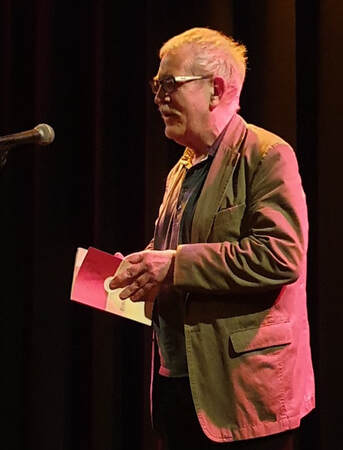
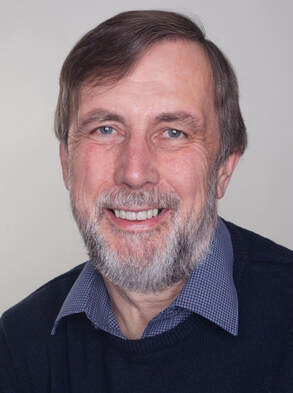
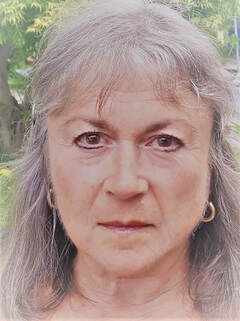
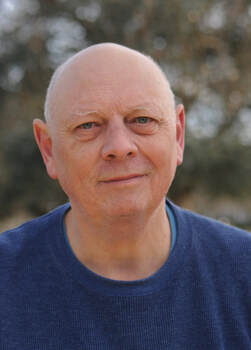
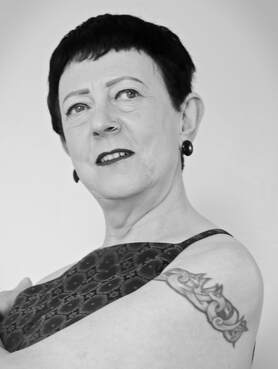
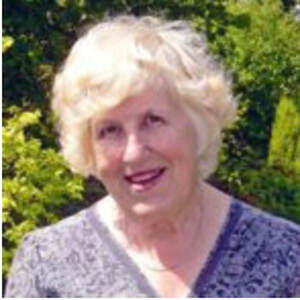
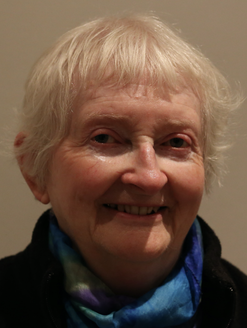
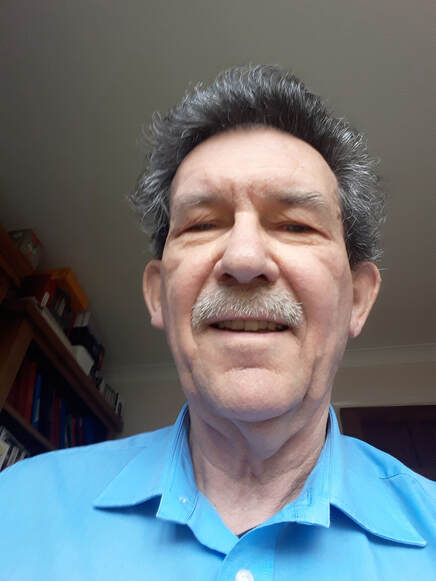
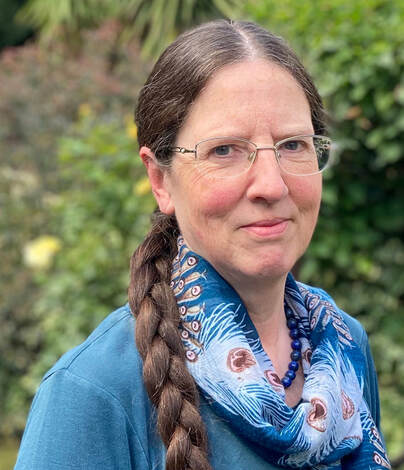
 RSS Feed
RSS Feed
